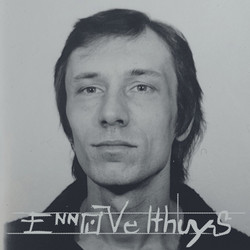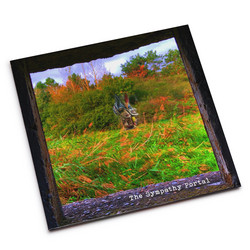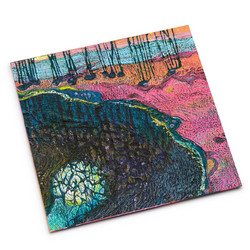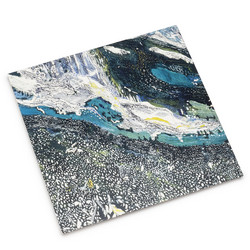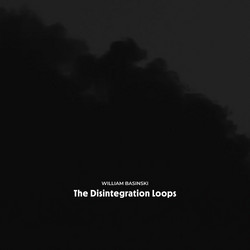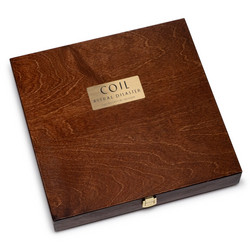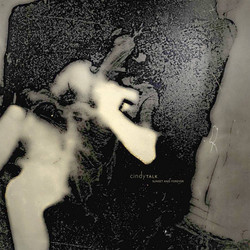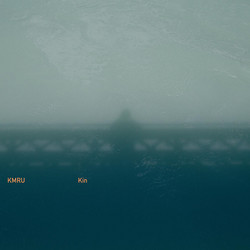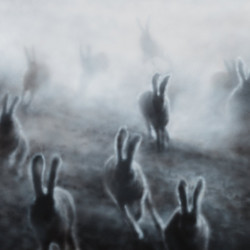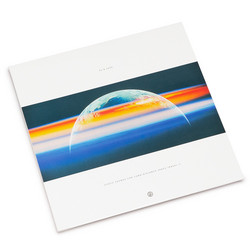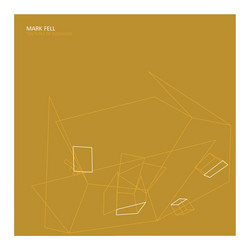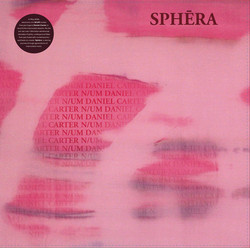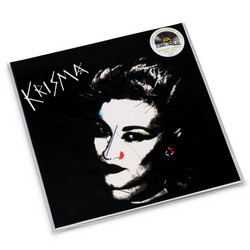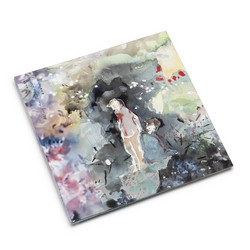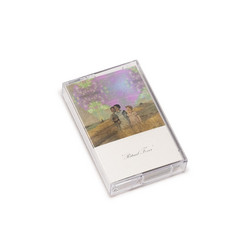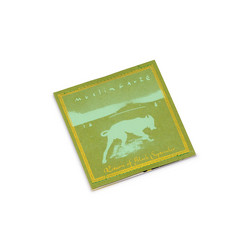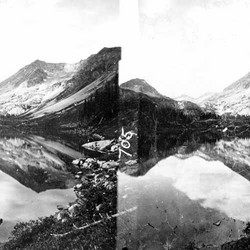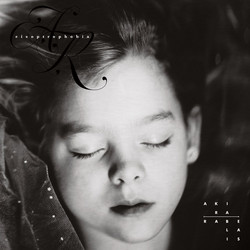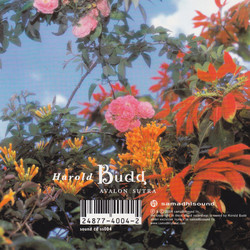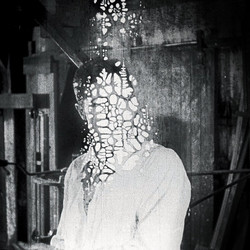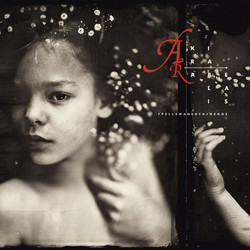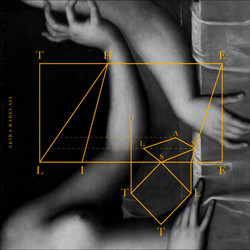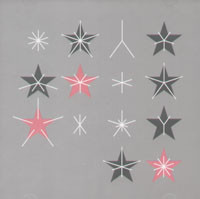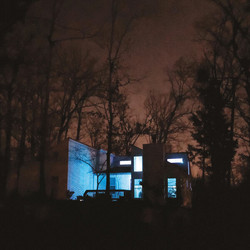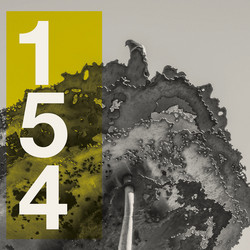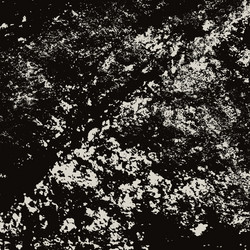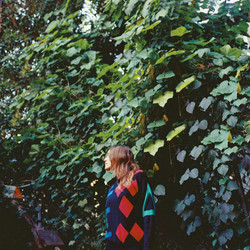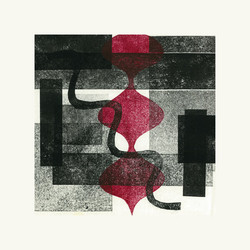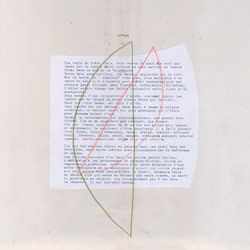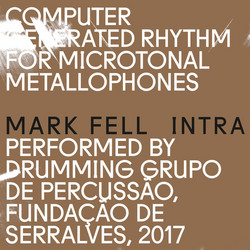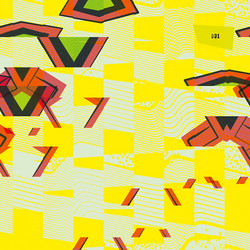**500 copies, clear vinyls** Akira Rabelais’ years-in-the-making new album CXVI, featuring collaborations with Harold Budd, Ben Frost, Biosphere, Kassel Jaeger and Stephan Mathieu, among others. It unfurls a quietly breathtaking, dreamlike sequence of events where early music meets a prism of shoegaze, ASMR, classical and textural sound design - huge recommemdation if you're into Felicia Atkinson, the GRM, Morton Feldman, Stephan Mathieu, Deathprod, Harold Budd...
Set to be received as Rabelais' magnum opus, CXVI finds the Hollywood-based composer challenging his usual working methods, pushing himself to refresh binds with longterm collaborators such as Harold Budd and Stephan Mathieu and forge new relationships with like-minded craftsmen such as Geir Jenssen (Biosphere), while also finding a new vocal muse in Karen Vogt of Heligoland, and also coaxing the recorded debuts of his friend Mélanie Skriabine, and filmmaker / photographer Bogdan D. Smith. The result of their time-lapsed endeavours is a record of divine subtlety and poignant patience, rendered with a mirage-like appeal.
Opener Which Alters When It Alteration Finds, beautifully segues from a prickly bouquet of keys and lovebite-distortion penned with Ben Frost to a reverberant, spine-freezing piano coda from Harold Budd, before Which Alters When It Alteration Finds smokily gives way to the sylvan shadowplay of the album’s masterful centrepiece, Star to Every Wandring Worth’s Unknown, where Mélanie Skriabine reads from Max Ernst’s La femme 100 têtes against an exquisite veil of strings and keys realised by Akira with the GRM’s Kassel Jaeger a.k.a. François Bonnet.
The 3rd part of the album only becomes more sparse and isolationist, as Karen Vogt’s plainsong gives way to the tremulous, icy timbres of Akira’s processed guitar strokes, originally written for Cedrick Corliolis’ Tokyo Platform soundtrack, before the final side of If Error and Upon Me Proved finds Akira pushing Geir Jenssen’s (Biosphere) synths into the red, emphasising a romantic soreness that turns into crushing noise, before Bogdan Smith’s whispered vocal melts into an ancient, arcane air inscribed to 78rpm vinyl by Stephan Mathieu and then sweetened, re-incoporated by Akira as the album’s stunning closing passage.
Riddled with bedevilling detail and utterly timeless in its scope, CXVI is a disorientating opus you’ll want to undergo over and again, for our money one of the great quiet albums of recent years.
